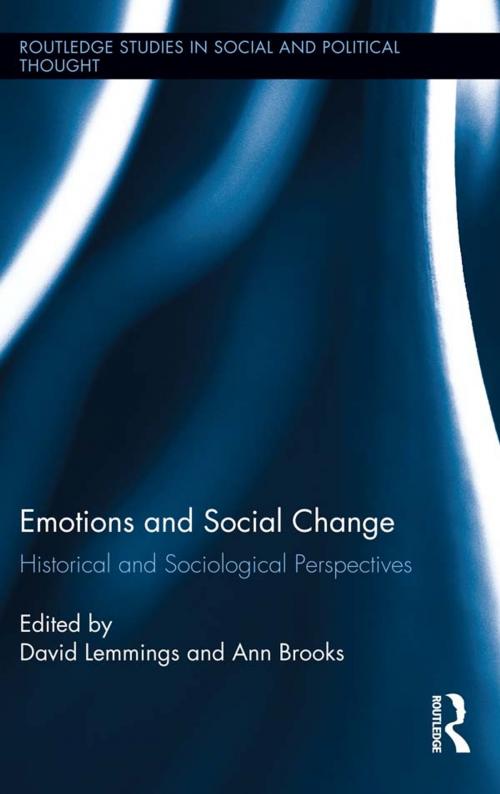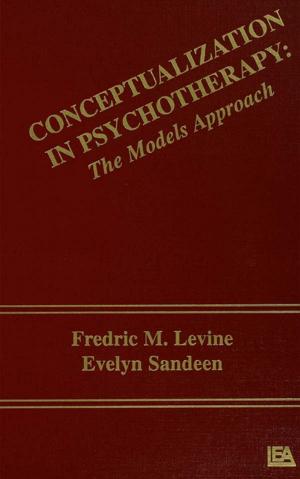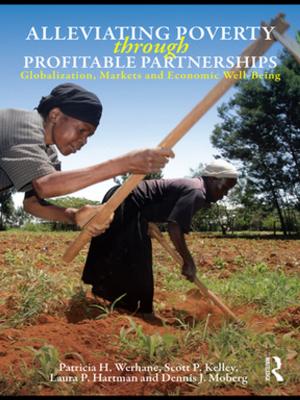Emotions and Social Change
Historical and Sociological Perspectives
Nonfiction, Health & Well Being, Psychology, Emotions, Social & Cultural Studies, Social Science, Anthropology, Sociology| Author: | ISBN: | 9781135006341 | |
| Publisher: | Taylor and Francis | Publication: | April 24, 2014 |
| Imprint: | Routledge | Language: | English |
| Author: | |
| ISBN: | 9781135006341 |
| Publisher: | Taylor and Francis |
| Publication: | April 24, 2014 |
| Imprint: | Routledge |
| Language: | English |
This edited collection takes a critical perspective on Norbert Elias’s theory of the "civilizing process," through historical essays and contemporary analysis from sociologists and cultural theorists. It focuses on changes in emotional regimes or styles and considers the intersection of emotions and social change, historically and contemporaneously. The book is set in the context of increasing interest among humanities and social science scholars in reconsidering the significance of emotion and affect in society, and the development of empirical research and theorizing around these subjects. Some have labeled this interest as an "affective turn" or a "turn to affect," which suggests a profound and wide-ranging reshaping of disciplines. Building upon complex theoretical models of emotions and social change, the chapters exemplify this shift in analysis of emotions and affect, and suggest different approaches to investigation which may help to shape the direction of sociological and historical thinking and research.
This edited collection takes a critical perspective on Norbert Elias’s theory of the "civilizing process," through historical essays and contemporary analysis from sociologists and cultural theorists. It focuses on changes in emotional regimes or styles and considers the intersection of emotions and social change, historically and contemporaneously. The book is set in the context of increasing interest among humanities and social science scholars in reconsidering the significance of emotion and affect in society, and the development of empirical research and theorizing around these subjects. Some have labeled this interest as an "affective turn" or a "turn to affect," which suggests a profound and wide-ranging reshaping of disciplines. Building upon complex theoretical models of emotions and social change, the chapters exemplify this shift in analysis of emotions and affect, and suggest different approaches to investigation which may help to shape the direction of sociological and historical thinking and research.















